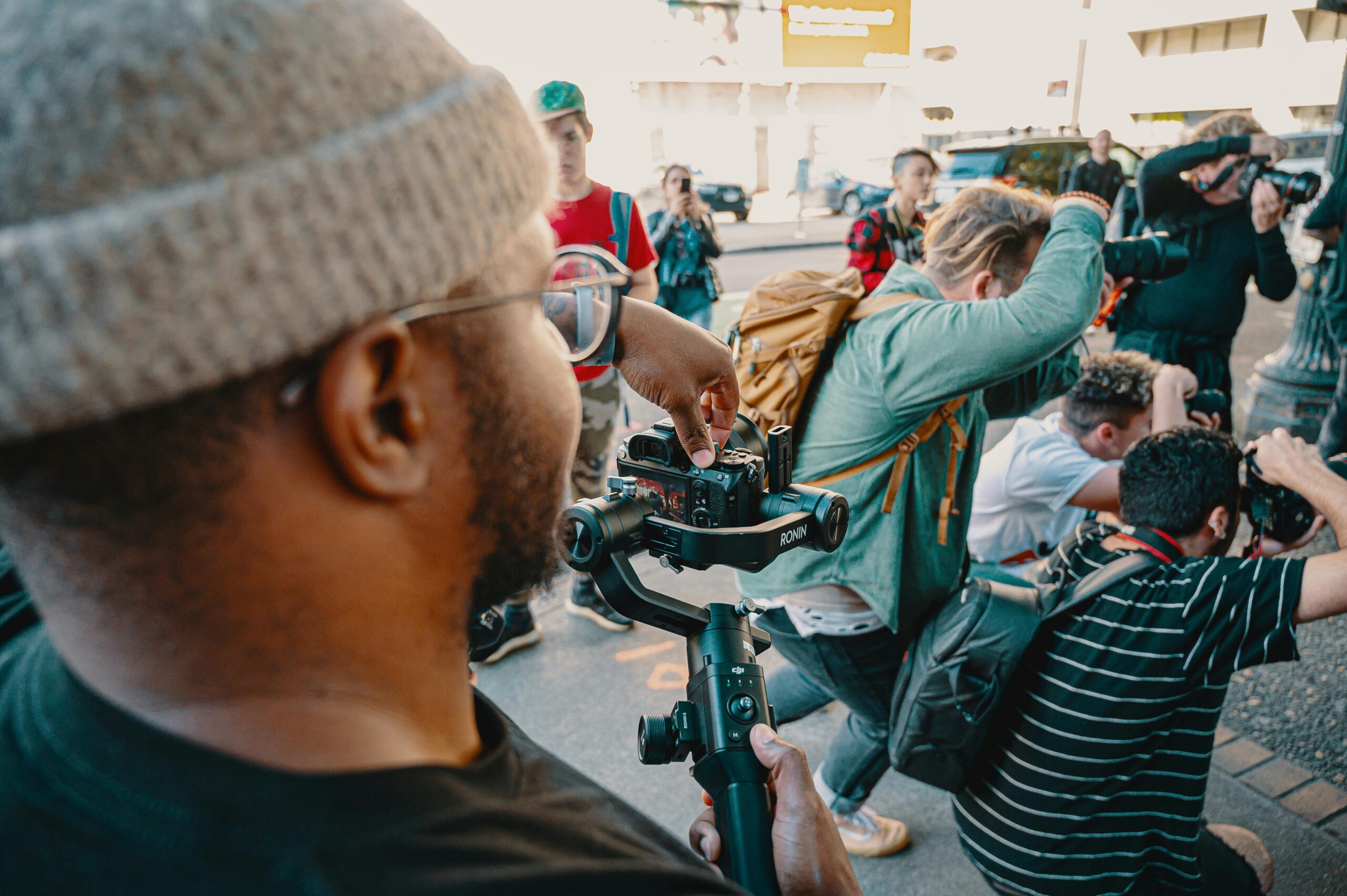
Athletes and the Media: A Love-Hate Relationship
For athletes, PR and media attention can be a double-edged sword. On one hand, it’s an opportunity to grow your brand, connect with fans, and secure endorsement deals. On the other, one wrong move can lead to viral backlash and tarnished reputations.
Here’s the brutal truth: If you don’t control the narrative, the media will do it for you—and they won’t always get it right.
Too many athletes make the mistake of winging it, relying on their charisma or hoping their performance on the field will speak for itself. Spoiler: It won’t. In today’s 24/7 media cycle, your story matters just as much as your stats.
The Biggest PR Mistakes Athletes Make
-
Avoiding Media Training
Going into interviews without preparation is like stepping into a game without a game plan. You need to know how to navigate tricky questions and present yourself confidently. -
Ignoring Social Media
Your Instagram, Twitter, and TikTok aren’t just for fun—they’re your personal press conference. Inconsistent or poorly thought-out posts can alienate fans and brands. -
Overreacting to Criticism
One emotional response to a negative article or comment can snowball into a PR disaster. -
Failing to Share Their Own Story
If you’re not telling your story, someone else will—and they might not get it right.
The PR Playbook for Athletes
-
Own Your Narrative
- Identify your core values. What do you stand for as an athlete and as a person?
- Develop a personal mission statement to guide your media interactions and brand partnerships.
-
Master Media Training
- Practice handling tough questions with poise.
- Learn the art of pivoting: When a question feels like a trap, redirect it to highlight your strengths or values.
-
Use Social Media Strategically
- Post consistently and authentically. Share behind-the-scenes moments, your training journey, and personal insights.
- Avoid knee-jerk reactions to negativity. If needed, take time to craft thoughtful responses—or don’t engage at all.
-
Build Relationships with Reporters
- Engage with journalists and media professionals in a professional, respectful manner.
- Offer them insights or stories that go beyond the surface—they’ll appreciate the access and likely portray you positively.
-
Control the Damage
- When a PR crisis hits, don’t go silent. Address the issue promptly and authentically.
- Apologize if necessary, but always redirect focus toward your future actions.
Are Athletes Just Media Puppets?
Here’s something no one likes to admit: The media thrives on controversy. They’ll focus on the one thing you said wrong, the one bad day you had, or the one tweet you shouldn’t have posted.
The question is: Are you going to let the media define your legacy, or are you going to take control?
Be Your Own PR MVP
Public relations isn’t just about keeping up appearances; it’s about showcasing who you really are. It’s about telling your story before someone else does and using your platform to inspire, connect, and grow.
Want to stay focused and grounded while navigating the spotlight? Our Self-Care Journals for Athletes are designed to help you organize your thoughts, manage stress, and set actionable goals.
Take charge of your narrative today.
